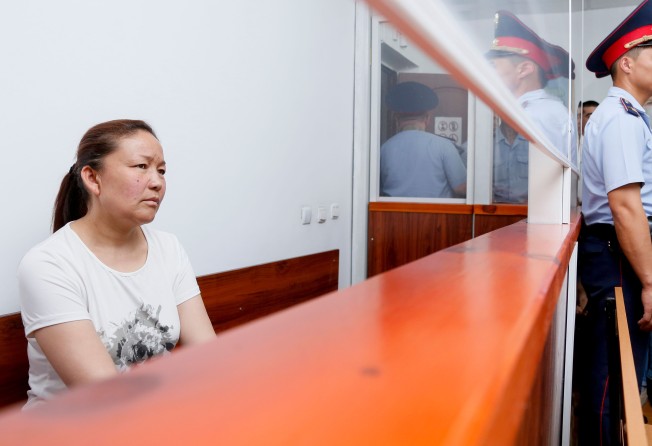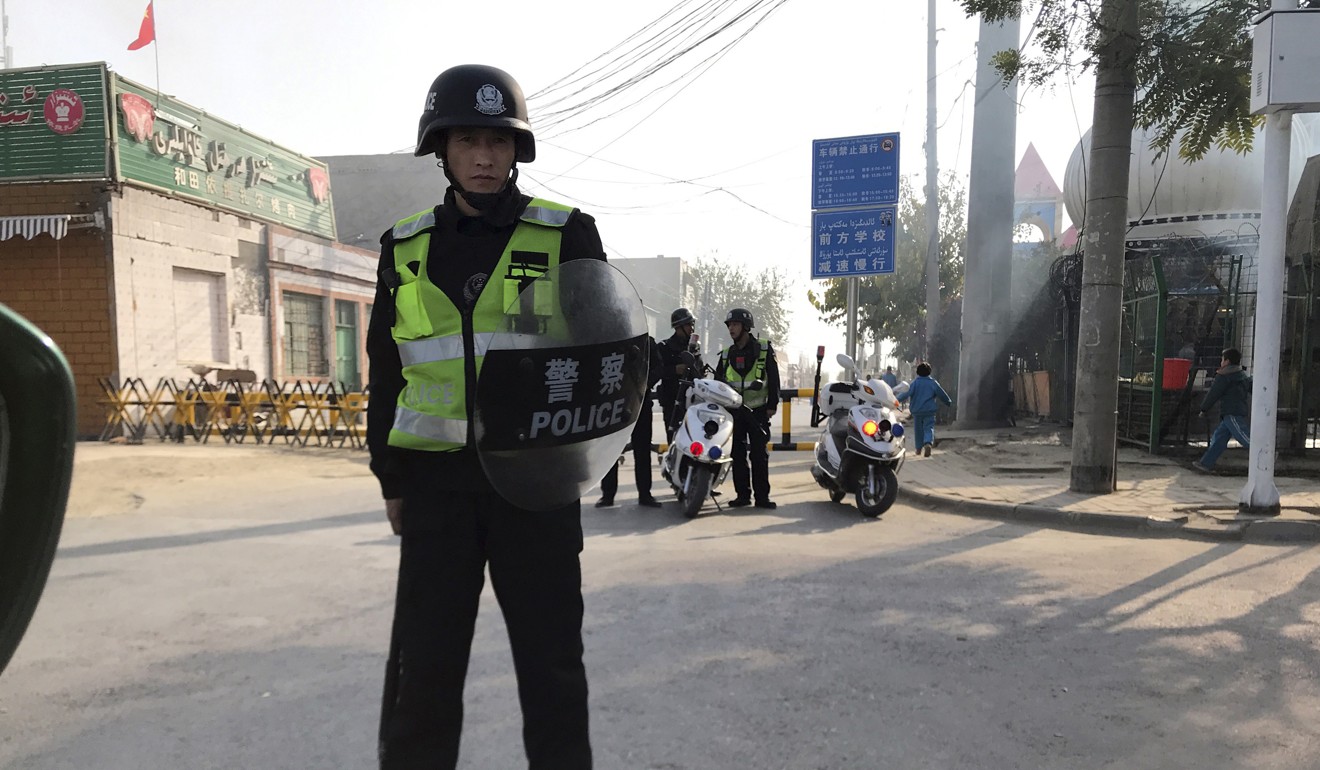Kazakhstan denies asylum to Xinjiang re-education camp whistle-blower
Sayragul Sauytbay’s testimony helped expose a camp where some 2,500 Kazakhs were interned in western China

Kazakhstan, a former Soviet republic, has refused asylum to an escaped Chinese national whose court testimony helped expose a secretive network of re-education camps in China’s restive Xinjiang region, her lawyer said on Friday.
Sayragul Sauytbay, 41, was denied political asylum by a migration committee in the Central Asian country. The decision came despite an earlier court ruling refusing to allow her extradition to China for having illegally crossed the border between the two countries.
Lawyer Abzal Kuspanov said the decision had been “expected” given the “very strong influence of China” on its close ally Kazakhstan. He said they would appeal.
“She will not be deported; we will not allow it,” Kuspanov said. The committee’s decision could be appealed through a local court, and they will also seek the help of the UN, he added.
Roughly 1.5 million ethnic Kazakhs live in the western Chinese region of Xinjiang.
Sauytbay’s case put Kazakhstan in an awkward position as it seeks to promote itself as a key artery in China’s trillion-dollar belt and road trade and infrastructure push.
Sauytbay admitted to crossing the border illegally to join her family in Kazakhstan, an offence that usually triggers deportation under the country’s criminal code.

Instead, a court in August gave her a suspended sentence and freed her from prison, as public interest in the trial surged.
In her court testimony, Sauytbay said she had been forced to work in a re-education camp where some 2,500 Kazakhs were interned.
Chinese authorities had blocked her efforts to reunite with her family, who recently gained Kazakh citizenship, because she knew “state secrets”, she said.
Over a million people – mostly ethnic Uygurs – are reportedly being held in a secretive network of extrajudicial, political re-education centres, a United Nations panel of experts said in August.
Beijing described the panel’s claim as “completely untrue”.